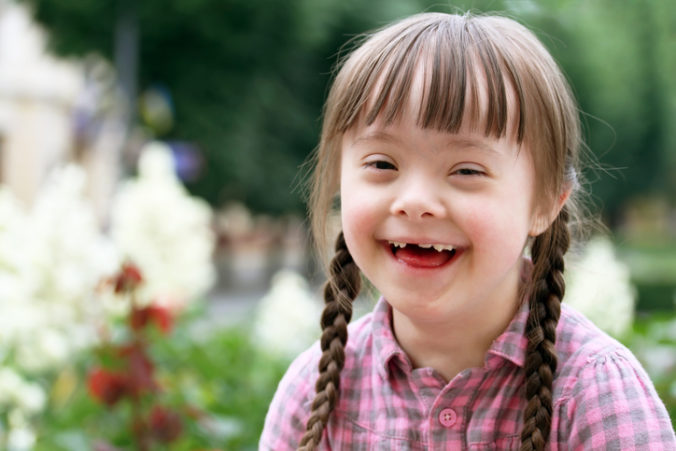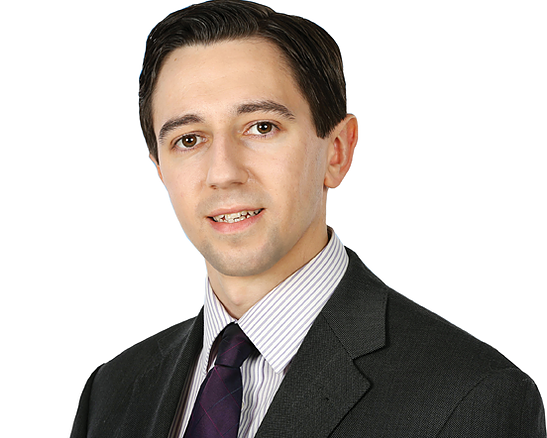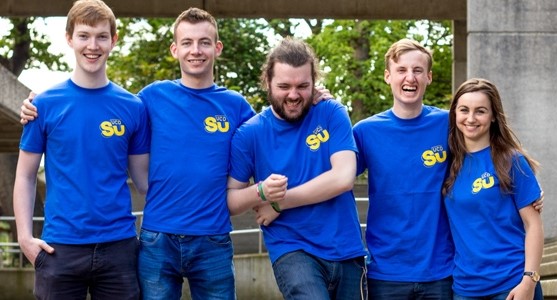
In Denmark in 2016, 133 out of 137 babies found before birth to have Down Syndrome were aborted. That is 97pc of all diagnosed cases. Carsten Sondergaard, the Danish ambassador to Ireland, has written to the Oireachtas Joint Committee on the Eighth Amendment to tell them Denmark does not have an official policy to eradicate Down Syndrome, but given that rate of abortion, they might as well have.
The Ambassador told the Committee that “in 2016 there were four children born in Denmark with Down Syndrome after prenatal diagnosis and there were 20 children born with Down Syndrome diagnosed after birth”.
But he did not tell the Committee that while four were born following a diagnosis of Down Syndrome, 133 were aborted, a huge omission.
Last year a total of 157 women in Denmark became pregnant with a Down Syndrome baby. As the ambassador points out, 20 were born because no prenatal diagnosis was received, and another four were born despite the prenatal diagnosis.
To put it another way, while 97pc of babies found to have Down Syndrome while still in the womb were aborted, 85pc were aborted overall, still a staggering total.
In 2015, only one baby found to have Down Syndrome while in the womb was born out of the 144 scanned, so 99.3pc were aborted!
(Here are the official tables from the Dansk Cytogenetisk Centralregister, Aarhus University Hospital.)
Today 97 per cent of pregnant women have a prenatal test for a chromosomal abnormality (not just Down Syndrome) and 95 per cent of them choose to have an abortion when such an abnormality is found.
The figure is official and can be seen on page 6, (note 4) in the 2017 Guideline for Foetal Diagnosticproduced by the National Board of Health.
These data speak for themselves and are utterly damning and the members of the Committee on the Eighth Amendment should be aware of them and not fixate on whether the elimination of babies with fetal abnormalities is official Danish policy or not.
The Ambassador told the Committee that “in 2016 there were four children born in Denmark with Down Syndrome after prenatal diagnosis and there were 20 children born with Down Syndrome diagnosed after birth”.
But he did not tell the Committee that while four were born following a diagnosis of Down Syndrome, 133 were aborted, a huge omission.
Last year a total of 157 women in Denmark became pregnant with a Down Syndrome baby. As the ambassador points out, 20 were born because no prenatal diagnosis was received, and another four were born despite the prenatal diagnosis.
To put it another way, while 97pc of babies found to have Down Syndrome while still in the womb were aborted, 85pc were aborted overall, still a staggering total.
In 2015, only one baby found to have Down Syndrome while in the womb was born out of the 144 scanned, so 99.3pc were aborted!
(Here are the official tables from the Dansk Cytogenetisk Centralregister, Aarhus University Hospital.)
Today 97 per cent of pregnant women have a prenatal test for a chromosomal abnormality (not just Down Syndrome) and 95 per cent of them choose to have an abortion when such an abnormality is found.
The figure is official and can be seen on page 6, (note 4) in the 2017 Guideline for Foetal Diagnosticproduced by the National Board of Health.
These data speak for themselves and are utterly damning and the members of the Committee on the Eighth Amendment should be aware of them and not fixate on whether the elimination of babies with fetal abnormalities is official Danish policy or not.














